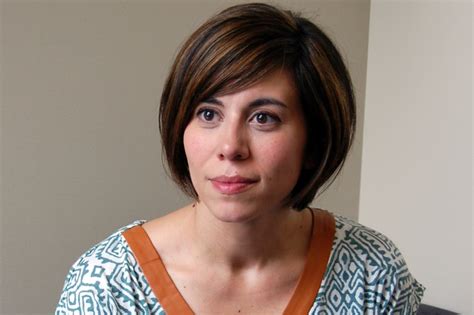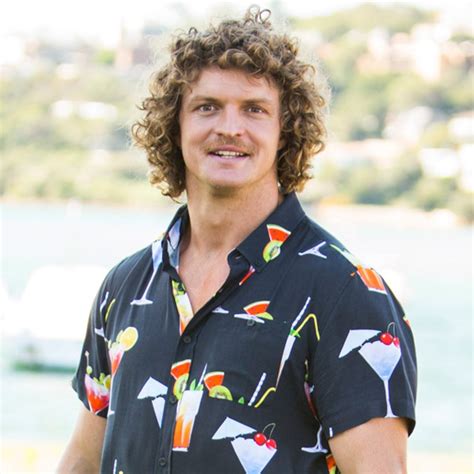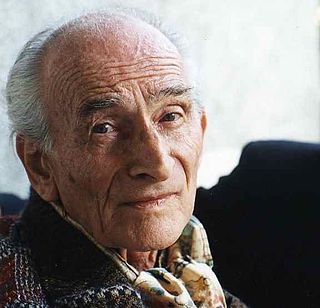A Quote by Haruki Murakami
I've translated a lot of American literature into Japanese, and I think that what makes a good translator is, above all, a feel for language and also a great affection for the work you're translating. If one of those elements is missing the translation won't be worth much.
Related Quotes
The translator has to be a good writer. The translator has to hear music too. And it might not be exactly your music because the translator needs to translate the music. And so, that is what you are hoping for: a translator who gets what you are doing but who also gets all the ways in which it won't work in the new language.
To me a translator is very, very important. If the fixer is also the translator, so much the better. I have known photographers who didn't speak the language and would work in a place for weeks without one, getting by on common sense and smiles. But how many situations did they miss because they couldn't talk to someone and get the back story on details, small daily life things, etc.
Though my poems are about evenly split between traditionally formal work that uses rhyme and meter and classical structure, and work that is freer, I feel that the music of language remains at the core of it all. Sound, rhythm, repetition, compression - these elements of my poetry are also elements of my prose.
I've never translated more than one book by any author. But I'm fascinated by translators who have, like Richard Zenith, who's translated so much of Fernando Pessoa's work. I get restless for a new kind of influence. The books I've translated are books I want to learn from as a writer, to be intoxicated by. And translation is an act of writing in itself. It's an act of recreation - of a writer's cadence and tone and everything that distinguishes the voice in the book.
Translation is a kind of transubstantiation; one poem becomes another. You can choose your philosophy of translation just as you choose how to live: the free adaptation that sacrifices detail to meaning, the strict crib that sacrifices meaning to exactitude. The poet moves from life to language, the translator moves from language to life; both, like the immigrant, try to identify the invisible, what's between the lines, the mysterious implications.
I think great relationships are great partnerships, and those come in all shapes, sizes, forms, ages. The only tip I have for anyone in a relationship or a partnership is work on it when it's good. It's very easy to try to take the break when things are going good, but that's the time you have to keep working on it, because you can keep it good, and that's worth a lot.
I'd like to protect children, too, but... is everything worth sacrificing to that? I mean, drugs have done a lot of good... They've midwived a lot of good ideas... lot of great songs, you know? I think "Penny Lane" is worth 10 dead kids... I think Dark Side of the Moon is worth 100 dead kids. There, I said it.



































